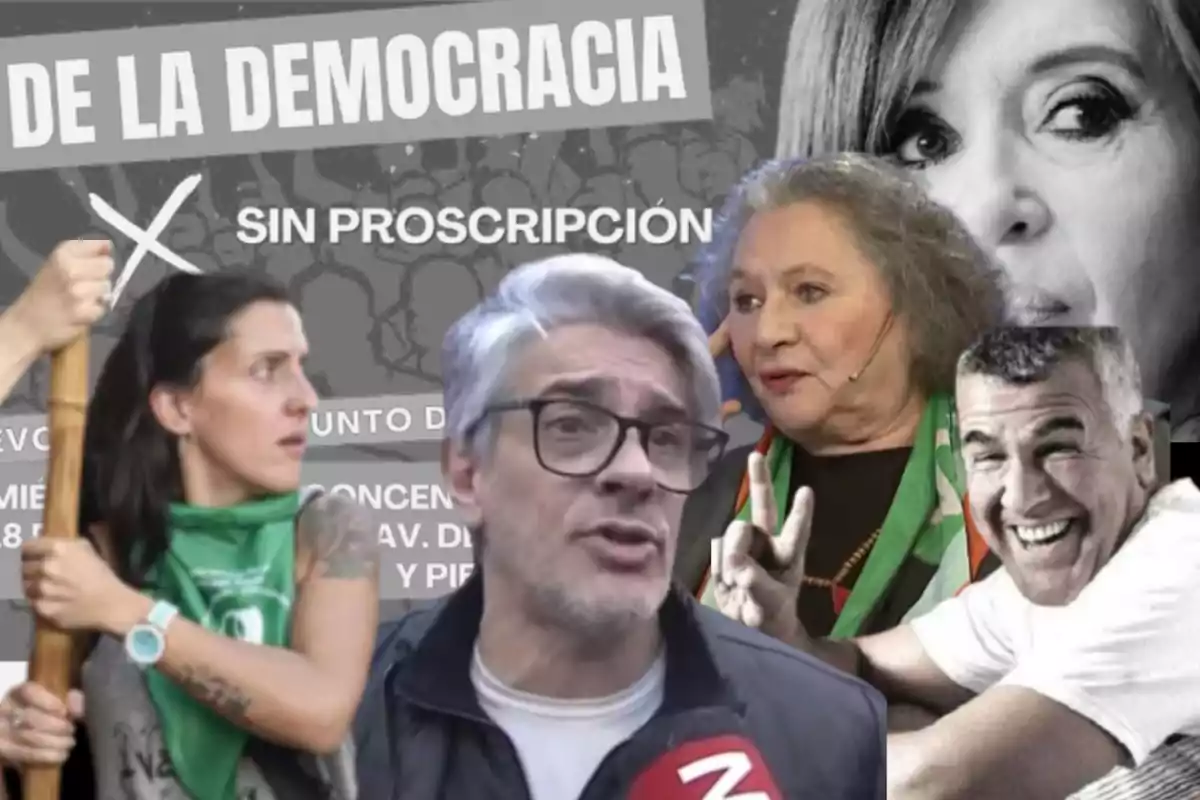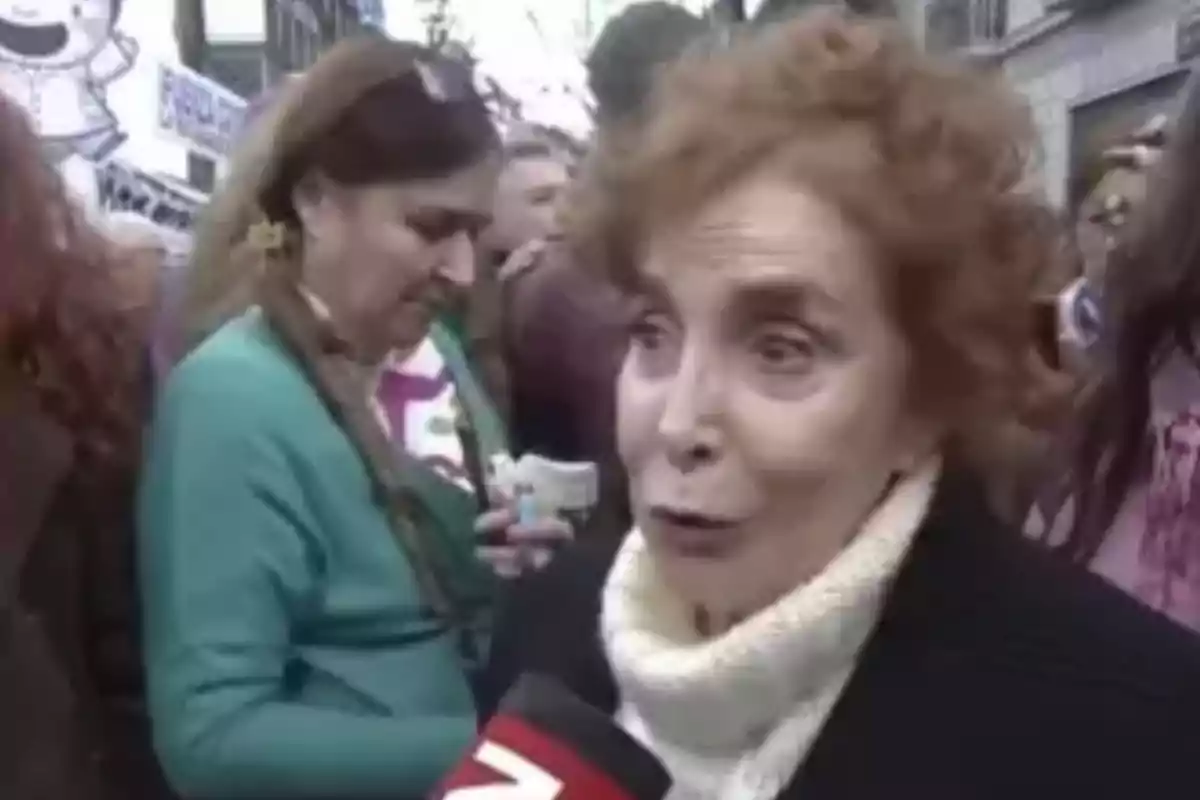
Kirchnerist artists mobilize after the final conviction of Cristina Kirchner
The Argentine Association of Actors made political use of the entity and called for a march in support of the convicted former president
After the confirmation of the six-year prison sentence against Cristina Fernández de Kirchner for corruption in the Vialidad case, cultural sectors aligned with Kirchnerism publicly came out to support her. Although the Supreme Court upheld the ruling, Peronism continued to insist on the term "ban," which doesn't correspond legally.
On Tuesday, June 17, the day house arrest with an electronic ankle monitor was officially imposed on the former president, official Florencia Saintout organized an event at the Faculty of Social Sciences at UBA. There, leading figures in cultural activism such as Pablo Echarri, Rita Cortese, César González, Dady Brieva, and Liliana Herrero participated.

During the gathering, participants denounced an alleged judicial persecution and called for support for Cristina Kirchner "out of love and political commitment."
That same day, several of the attendees traveled in a caravan to the corner of San José and Humberto Primo, where the former president is serving her sentence. In front of the residence, artists such as Pablo Echarri, Mirta Busnelli, Paola Barrientos, Marilina Ross, Teresa Parodi, Ignacio Copani, and Lola Berthet expressed their support.
Echarri, one of the most visible figures, stated: "This served to make the Peronist people stand up."
Víctor Hugo, the actors' union, and a controversial call
In the media, journalist Víctor Hugo Morales also joined the criticism against the Judiciary. On his radio program, he described the placement of the electronic ankle monitor as "an attack on Cristina Kirchner's dignity."
Meanwhile, the Argentine Association of Actors called for a march with the CTA on Wednesday the 18th, under the slogan "No ban. In defense of democracy." The meeting point was set at Avenida de Mayo and Piedras.

This mobilization was not the union's first political expression. One week earlier, when the Supreme Court confirmed the sentence, the Association had published a harsh statement. In it, the Association claimed that the ruling represented a "covert ban" and denounced a judicial process "tainted by irregularities and with political aims."
This statement exposes the partisan use of the organization, noting that not all its members support the convicted former president. Some actors believe that the union has lost representativeness by acting as Kirchnerism's cultural arm.
Final sentence and house arrest
The ruling, issued by Federal Oral Court No. 2 and confirmed by the Supreme Court, requires Cristina Kirchner to serve her sentence at home under police custody and electronic surveillance. She may only leave for reasons of force majeure.
The Judiciary rejected the prosecutors' request for the former president to be transferred to a regular prison and imposed strict restrictions on permitted visits.
Although activist sectors continue to insist on the idea of a ban, the truth is that this is a final conviction for corruption, handed down by the Judiciary and endorsed by the country's highest court.
More posts: